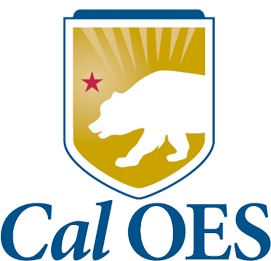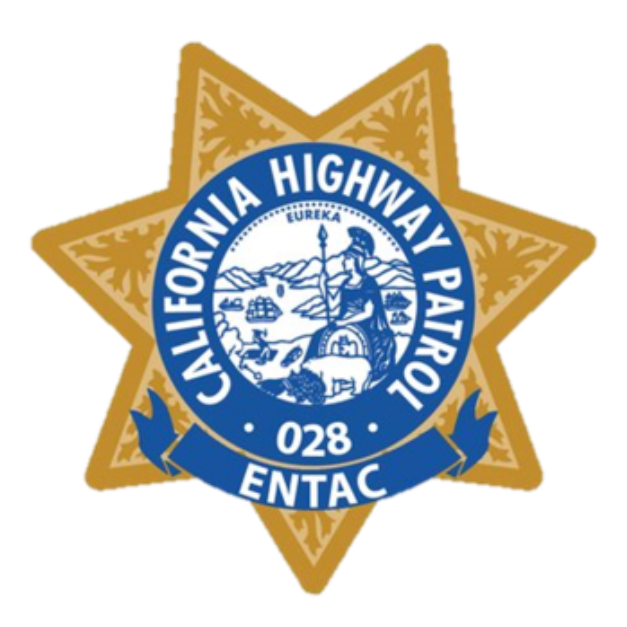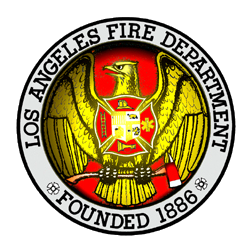Our UAS Clients Include
The RTC has trained over 195 different local, State and Federal public service agencies in UAS operations.









The Los Angeles County Regional Training Center is now:
Menu








California POST Certified
The Unmanned Aircraft Systems (UAS) Operators Course is 48 hours of instruction designed to provide organizations with skilled pilots with the depth of understanding necessary to safely operate in, maintain, or create an aviation program based on unmanned aerial vehicle (UAV) platforms. Training begins online with FAA Part 107 test preparation culminating with an in-class test review and test scheduling assistance.
The Unmanned Aircraft Systems (UAS) Operators Course is 48 hours of instruction designed to provide organizations with skilled pilots with the depth of understanding necessary to safely operate in, maintain, or create an aviation program based on unmanned aerial vehicle (UAV) platforms. Training begins online with FAA Part 107 test preparation culminating with an in-class test review and test scheduling assistance.
Course Length: 8 hours online and 5 days in class (48 hours total)
Prerequisites: None
Student Requirements: None
Recommended For: Operators and Supervisors / Policy & Program Creation
California POST Certified
Does your agency already have an existing drone program and you only need to certify new pilots? If so, the UAS Basic Pilots Course was designed for you. The UAS Basic Pilots Course is 32 hours of instruction designed specifically and ONLY for agencies with an established UAS program, flying missions with protocols, and a comprehensive policy in place.
The curriculum focuses on piloting skills and training in UAS safety and general UAS program operations. Training begins online with FAA Part 107 test preparation culminating with an in-class test review and test scheduling assistance. Each student will receive a minimum of 8 hours of flight training as a member of a UAS deployment team and log at least 3 hours of actual flight time.
Course Length: 8 hours online and 3 days in class (32 hours total)
Prerequisite: None
Student Requirements: None
Recommended For: UAS Operators and Supervisors
This life-saving technology provides tremendous opportunities to enhance public safety, however, operating in the dynamic realm of the National Air Space (NAS) can be challenging. Executives and decision-makers must carefully evaluate the implementation of UAS programs from a 360° perspective that analyzes priorities and constraints and considers all current and potential future stakeholders.
The course starts by guiding students to fully realize all of the potential applications of unmanned aircraft and specifically how that may fit at their respective agencies. This provides a clearer understanding of the UAS agency objectives so that all of the efforts that follow directly support the effective implementation of the identified mission sets. Attendees examine current laws and regulations and develop an understanding of preemption, as it pertains to federal regulations.
Course Length: 1-Day (8 hours)
Prerequisite: None
Student Requirements: None
Technical Level: For managers, supervisors, future operators and policy writers
California POST Certified
The Federal Aviation Administration’s (FAA) Aeronautical Knowledge Test for the Remote Pilot Airman Certificate is required to fly an unmanned aerial vehicle commercially (including public service). This is particularly required for any mutual aid use of UAVs. This online course contains all of the material tested for the 107 pilot’s license.
The course is self-paced but follows a progression of information with due dates to aid in completing the material in a timely manner. Online instructors engage students to answer questions and help with test preparation. Common test questions and themes have been identified by former students and will be shared to increase focused study and student success rates. Students will learn, then demonstrate knowledge of the FAA Part 107 requirements
Course Length: 30 days online / 1 day in classroom (8 hours)
Prerequisite: None
Student Requirements: None
Recommended For: For all personnel wanting to fly sUAS for their department, agency or commercially
California POST Certified
The class consists of three days of intensive scenario-based, hands-on, and precision flight training designed to increase piloting skills and to provide students with the ability to operate in all sUAS environments. Students will be exposed to the equipment, tools, and techniques necessary to make their sUAS program fulfill the desired mission sets.
We begin by helping students fully realize the potential applications of unmanned aircraft and how they may fit their respective agencies. This provides a clear understanding of the UAS agency objectives so that all efforts directly support effectively implementing the identified mission sets. The remainder of the curriculum is precision flight and scenario-based exercises. Students fly inside and outside on multiple aircraft types, using infrared, thermal, and self-illumination views. Guest speakers and prototype UAS equipment are regular additions to this very popular class. Students leave operationally ready with a deep understanding of UAS applications and capabilities.
Course Length: 3 days (24 hours)
Student Requirements: 20 hrs of logged flight time as a public safety pilot
Technical Level: Advanced UAS Operators
Recommended For: UAS Operators and Supervisors / Tactical Teams
Notes: This training course is NOT for beginners
California POST Certified
Small Unmanned Aerial Vehicles (sUAV) are powerful tools for first responders. However, nighttime operations add complexity that requires specific training and equipment. The FAA maintains that an “applicant must assure all required persons participating in the small unmanned aircraft operation have the knowledge to recognize and overcome visual illusions caused by darkness and understand physiological conditions which may degrade night vision.”
In this course, students identify night visual illusions and the physiological degradation occurring in darkness, then develop mitigating strategies. Students use state-of-the-art equipment to perform nighttime UAS operations couched in reality-based public safety mission sets.
Course Length: 2 days (16 hours total)
Student Requirements: FAA 107 License
Technical Level: Intermediate / Advanced UAS Operators
Recommended For: UAS Operators and Supervisors / SWAT & Tactical Teams
This hands-on course was created to provide public safety personnel with the knowledge and skills to operate UAVs and ground robots in direct support of tactical and technical operations indoors and in confined spaces. Students will fly precision exercises and in reality-based scenario training using multiple aircraft types, infrared, thermal, and self-illumination views. Students leave operationally ready with a deep understanding of UAS applications and capabilities. Students will:
Course Length: 1 day (8 hours)
Student Requirements: Must be employed by a local, State, or Federal Agency
Technical Level: Intermediate / Advanced UAS Operators
Recommended For: UAS Operators and Supervisors / Tactical Teams
DHS/FEMA has determined that threats from unmanned aircraft systems is a national priority and should be addressed by allocating specific percentages of SHSP and UASI funds. These low-cost, high-tech, and easily weaponized aerial vehicles can cause terror just about anywhere. This 2-day course provides students with the latest technology and “boots and the ground” tactics to prevent and respond to a drone attack.
Course Length: 2 days (16 hours)
Student Requirements: None
Technical Level: Intermediate UAS Operators
Recommended For: sUAS Operators, Supervisors and Tactical/Security Operation Teams
California POST Certified
Using Unmanned Aerial Vehicles (UAVs) for scene documentation has emerged as an extremely accurate and efficient tool for public safety. It is remarkable to consider how quickly scenes can be preserved. Proper use of this technology has truly improved the level of service provided to the public. In this hands-on course, students will:
Course Length: 3 days (24 hours total)
Student Requirements: FAA 107 License
Technical Level: Intermediate UAS Operators
Recommended For: Criminalist, Investigators, Detectives, UAS Operators
The frequency of mass gathering events and organized protests, coupled with the increased public scrutiny of law enforcement practices, has exacerbated the need for public safety personnel to carefully balance First Amendment rights and other civil liberties with police intervention strategies. Thoughtful event managers integrate intelligent, less provocative, and even passive strategies to keep people safe. Leveraging the power of Unmanned Aircraft to manage public safety more effectively during mass gathering events is rapidly becoming the industry standard.
This one-day course, developed by crowd management experts and UAS managers, equips attendees with the knowledge, skills, and attitudes needed to integrate Unmanned Aircraft Systems into crowd management effectively.
Course Length: 1 day (8 hours)
Student Requirements: Must be employed directly by a local, State, or Federal Government Agency
Recommended For: Agency Administrators, UAS Operators and Supervisors
Created and taught by personnel from the most experienced DFR program in the United States, this course will equip students with the knowledge and skills to successfully implement and maintain a (UAV or drone as a first responder) DFR Program. Students are led through the entire process of standing up a DFR program. Students will:
Course Length: 2 days (16 hours)
Student Requirements: None
Recommended For: All first responders utilizing UAS
This two-day course was specifically designed for the operational use of the LOKI 2 Tactical UAV. The RTC with Sky-Hero developed this comprehensive scenario-based, hands-on training to increase aircraft effectiveness and maintain operational function during critical events.
The curriculum consists of exercises and reality-based scenarios that may also integrate additional overwatch UAVs into the operations. Attendees are exposed to the equipment, tools, and techniques necessary to operate the LOKI 2 in support of a tactical team and leave operationally ready to fly on agency mission sets.
Course Length: 2 days (16 hours)
Technical Level: Advanced UAS Operators
Recommended For: sUAS Operators and Supervisors / SWAT & Tactical Teams
Notes: This training course is only for public safety agencies and is NOT for beginners
The Regional Training Center, utilizing the National Institute of Standards and Technology Aerial Test Methods, is honored to provide a Train-the-Trainer course for the NIST Level 3 Open and Level 4 Obstructed Test Methods for Small UAS. Incorporating the NIST testing methods into agency training has become the industry standard in public safety. The RTC recognizes the incredible value of a reproducible method to objectively evaluate and measure the proficiency and control of UAV piloting. Graduates of this course will be certified RTC Proctors in Level 1 Basic Proficiency, Level 2 Maneuvering, Level 3 Open, Level 4 Obstructed Lanes, and Scenarios to reproduce the testing at their respective agencies.
Course Length: 3 days (24 hours)
Student Requirements: None
Recommended For: UAS Operators and Supervisors
Notes: None
This 8-hour Visual Observer course is designed to meet the needs of public safety agencies with existing Unmanned Aircraft System programs, including law enforcement, Fire/EMS, and first-responder personnel. The curriculum will focus on the necessary skills required by a UAS Visual Observer (VO) in support of either Part 107 pilot operations or operating under a Certificate of Authorization (COA). The class will teach the student UAS safety, flying basics, team communication, and general program operations. This course is ideal for first responders working alongside a UAS team member to provide additional support during visual line-of-sight operations.
Course Length: 1 day (8 hours)
Student Requirements: None
Recommended For: For UAS Operators and all field personnel
Notes: None
Our mission is to provide public agencies with the highest quality and most cost-effective training available.
Mailing Address:
17595 Mt Herrmann St.
Fountain Valley CA 92708
office: (888) 782-4969
support@thertc.org

© The Regional Training Center 2023
Fountain Valley, California :: Burnet, Texas :: Land O’ Lakes, Florida